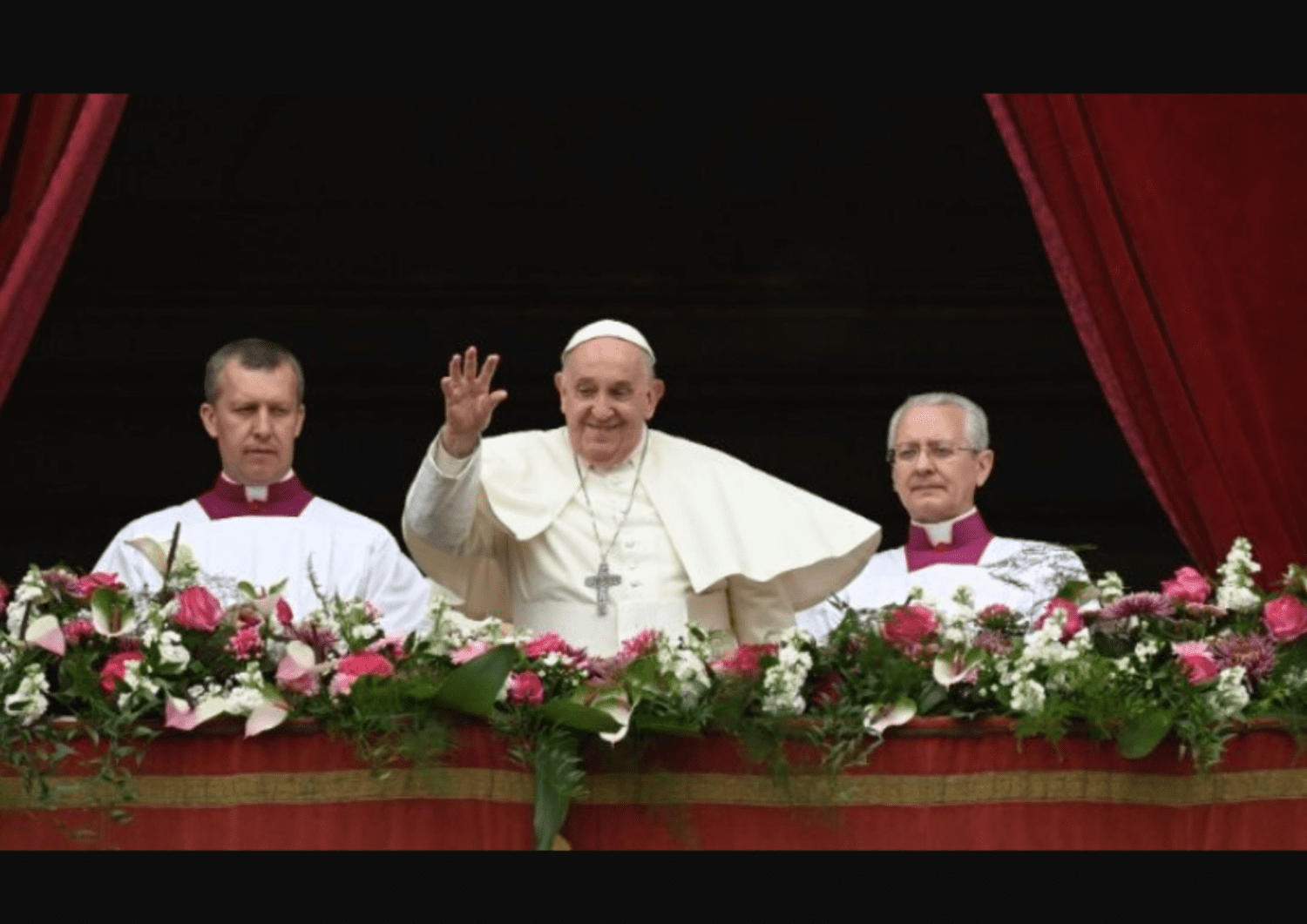The Catholic Church and the world at large are mourning the loss of Pope Francis, who, as reported by Vatican News, passed away on Easter Monday, April 21, 2025, at the age of 88. The news of his passing was announced by Cardinal Kevin Farrell, Camerlengo of the Apostolic Chamber, at 9:45 AM from the Casa Santa Marta, the Pope’s residence in the Vatican.
A Life of Faith and Service
Pope Francis, born Jorge Mario Bergoglio, had been in poor health for some time, having been admitted to the Agostino Gemelli Polyclinic Hospital on February 14, 2025, with a bout of bronchitis.
Despite initial hopes for a speedy recovery, his condition gradually worsened, and he was diagnosed with bilateral pneumonia on February 18. After spending 38 days in the hospital, the Pope returned to his Vatican residence to continue his recovery, but unfortunately, his health continued to decline.
Pope Francis’ Legacy Extends Far Beyond the Vatican
Throughout his life, Pope Francis had struggled with respiratory issues, dating back to his early 20s when he underwent surgery to remove a portion of his lung affected by a severe respiratory infection. As he aged, these issues persisted, leading to frequent bouts of illness, including influenza and lung inflammation, which forced him to cancel a planned visit to the United Arab Emirates in November 2023.
Despite his frailty, Pope Francis remained committed to his duties as the leader of the Catholic Church, continuing to inspire millions with his message of “love, compassion, and service”. His dedication to the poor and marginalized was unwavering, and his advocacy for social justice and environmental protection earned him widespread respect and admiration.
In the months leading up to his passing, Pope Francis had taken steps to prepare for the inevitable, approving an updated edition of the liturgical book for papal funeral rites. The revised guidelines, known as the Ordo Exsequiarum Romani Pontificis, introduce several new elements, including the handling of the Pope’s mortal remains after death.
According to Archbishop Diego Ravelli, Master of Apostolic Ceremonies, “Pope Francis had requested that the funeral rites be simplified and focused on expressing the faith of the Church in the Risen Body of Christ”.
The renewed rite, said Archbishop Ravelli, “seeks to emphasize even more that the funeral of the Roman Pontiff is that of a pastor and disciple of Christ and not of a powerful person of this world”. This approach reflects Pope Francis’ humble and unassuming nature, which characterized his papacy and inspired countless people around the world.

The Future of the Catholic Church: Hope and Uncertainty
As the Catholic Church prepares to bid farewell to its beloved leader, tributes are pouring in from across the globe. World leaders, religious figures, and ordinary citizens are remembering Pope Francis for his tireless commitment to peace, justice, and human dignity. His legacy will undoubtedly continue to inspire generations to come, and his memory will be cherished by those who knew him and were touched by his ministry.
The funeral Mass for Pope Francis has yet to be announced, but it is expected to be a grand ceremony, attended by dignitaries and faithful from around the world. As the Church mourns the loss of its shepherd, it also celebrates his life and legacy, grateful for the gift of his presence among us. In the words of Cardinal Farrell, “His entire life was dedicated to the service of the Lord and of His Church. He taught us to live the values of the Gospel with fidelity, courage, and universal love, especially in favor of the poorest and most marginalized”.
Pope Francis’ legacy extends far beyond the Vatican, with his influence felt in communities and countries around the world. His commitment to interfaith dialogue and ecumenism helped to build bridges between different faith traditions, while his advocacy for climate action and sustainable development raised awareness about the urgent need for environmental protection.
As the Catholic Church looks to the future, it does so with a sense of hope and uncertainty. The College of Cardinals will convene to elect a new Pope, who will inherit the mantle of leadership and carry forward the legacy of Pope Francis. While the road ahead may be uncertain, one thing is clear: the impact of Pope Francis on the Catholic Church and the world will be felt for generations to come.
In the coming days and weeks, the Vatican will release more details about the funeral arrangements and the plans for the conclave to elect a new Pope. As the world watches and waits, it is clear that Pope Francis will be deeply missed, but his legacy will continue to inspire and guide us.
The Conclave
With the passing of Pope Francis, the Catholic Church will soon embark on the process of selecting a new leader through a conclave. But what exactly is a conclave? A conclave is a secret gathering of the College of Cardinals, the senior bishops of the Catholic Church, who come together to elect a new Pope. The word “conclave” comes from the Latin phrase “cum clave,” meaning “with a key,” referring to the fact that the cardinals are locked in the Sistine Chapel until a new Pope is elected.
During the conclave, the cardinals will participate in a series of ballots, praying and discerning the will of God as they seek to choose a worthy successor to Pope Francis. The conclave is a sacred and solemn process, steeped in tradition and ritual, and is expected to begin shortly after the Pope’s funeral.


